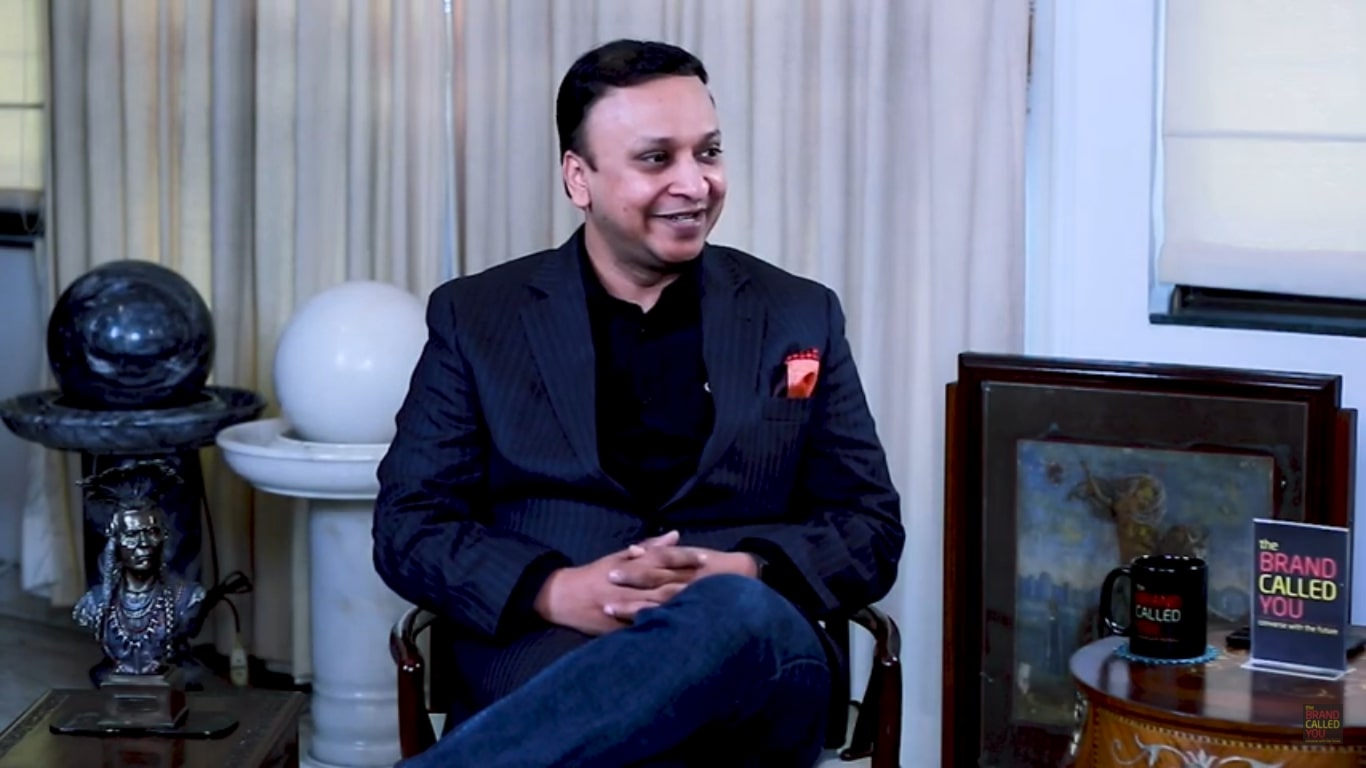Podcast: Play in new window | Download
Follow TBCY RSS
Apurva Chamaria is currently the Chief Revenue Officer at RateGain. Coming from an enviable educational background – Mayo College and then Harvard Business School, he is currently pursuing his PhD from IIT Delhi. He was the youngest Country Head of Ranbaxy (now SunPharma) and worked with HCL as Global Head of Corporate Marketing. He is also amongst the top 10 angel investors and has authored 2 books. Apurva’s reputation clearly precedes him.
Given his keen understanding of trends and investing, his insights into startups and brands are invaluable.
When to opt for funding
“We have some amazing bootstrapped success stories in India. I would say that if God has given you the ability and resources to bootstrap, it’s definitely a great idea.” Apurva thinks that bootstrapping has several advantages – bootstrapping teaches one frugality and caring about resources. He thinks that once one figures out a very good product-market fit and unit economics are working well and one wants to grow very fast within a short period of time, then is the time to look for funding.
“Think of the VC money as the Nitrogen Oxide when you need the boost, so that you can get that spurt of growth.”
Apurva thinks that there is another reason to look for funding. If one has established product-market fit and unit economics and another big player with deep pockets tries to eat up market share, funding might be crucial at that stage.
What do you look for in a business plan
Even before looking through the business plan, Apurva looks at the founding team. A startup needs to have a team that has resilience, since there are many ups and downs, pivots and changes. Resilience is required to stick to the course unfazed and figure out a way.
“Once you’re convinced that the team will stick and has a passion to succeed, then you look at 3 things – desirability which means is there a product-market fit, feasibility which means is this the team that can build the product-service solution, and viability which means can they do it in a lucrative manner.”
Apurva is an investor with a long term view.
“I am from the Warren Buffet school of thought. I want to invest in companies which will stay for a 100 years. My investment style is invest to hold, invest to grow and at times, reinvest also.”
Why startups fail
“70% startups fail in the first three years due to working capital issues. Either they don’t raise enough money, or they don’t generate enough revenue or they spend even before they have it. You have to keep a very sharp eye on cash-in-hand. Cash is the king. If you generate a lot of revenue but you don’t collect on time or you end up spending ahead of time, that could lead to one of the biggest reasons.”
The second reason, according to Apurva, is that entrepreneurs start believing that whatever has been leading them to success, is what will keep them there. “They get too deeply entrenched in their own ideas. Do you have the intellectual humility to pivot and make changes?”
Apurva also believes that one of the biggest challenges that startups face is building brand trust. “You have to be really really quality conscious. Under promise and over deliver.” He strongly feels that even if it costs the firm money, they must deliver on their brand promise. “Most people are fuzzy about their brand promise. They cannot articulate it in 2-3 crisp lines.”
“Hiring is the most important thing in a business”
Apurva thinks that another big mistake that startups make is to not hire a team that can scale up with the business. Also, he thinks that it is a misconception that the right and most efficient people will also be expensive. He thinks that managers and CEOs need to be personally involved in the hiring process and find people who join for the right purpose or cause.
“The founders need to be able to make the employees believe in the larger vision and convince them of the short-term pain and sacrifices needed for a glorious future.”


